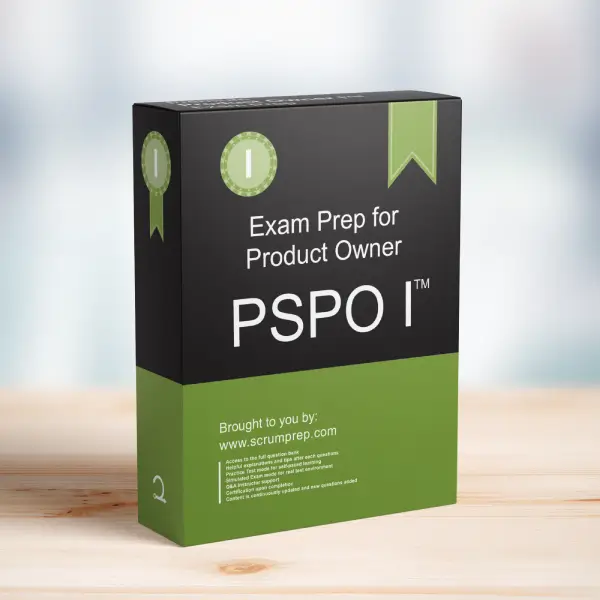Metrics for Determining Product Value
As a Product Owner, it is essential to use the right metrics to assess whether a product is delivering value. This article explores the key metrics that can help determine the product’s value and their importance in the Scrum framework.
Exam Question
Which metrics will help a Product Owner determine if a product is delivering value?
(choose the best two answers)
A. Time to market.
B. Customer satisfaction.
C. Velocity.
D. Productivity.
E. Scope implemented.
Correct Answer
A. Time to market.
B. Customer satisfaction.
Explanation
Correct Answers
A. Time to market:
Time to market is a critical metric for determining the value of a product. It measures the time taken from the initial concept to the delivery of the product to customers. A shorter time to market can provide a competitive advantage and help capture market opportunities more quickly.
B. Customer satisfaction:
Customer satisfaction is a direct indicator of the value delivered by a product. It reflects how well the product meets customer needs and expectations. High customer satisfaction can lead to increased customer loyalty, positive word-of-mouth, and repeat business, all of which contribute to the overall success of the product.
Incorrect Answers
C. Velocity: Velocity measures the amount of work a Scrum Team completes in a Sprint. While it helps in forecasting future work and planning, it does not directly indicate the value delivered by the product.
D. Productivity: Productivity measures the efficiency of the team in completing tasks. Like velocity, it is an internal metric that helps manage the team’s performance but does not provide insight into the actual value delivered to customers.
E. Scope implemented: The scope implemented refers to the amount of work completed. However, simply implementing a large scope does not necessarily translate to delivering value. The focus should be on delivering the right features that meet customer needs and provide value.
Responsibilities in Scrum
- Product Owner: The Product Owner is accountable for maximizing the value of the product. They use metrics such as time to market and customer satisfaction to assess and optimize the value delivered.
- Scrum Master: The Scrum Master supports the Product Owner in understanding and using these metrics to ensure the Scrum Team remains focused on delivering value.
- Developers: The Developers collaborate with the Product Owner to ensure that the work they do aligns with the metrics that measure value, such as delivering high-quality Increments that meet customer expectations.
Relevance to the PSPO I Exam
Understanding the metrics that help determine product value is crucial for the PSPO I exam. This knowledge ensures that candidates can effectively use these metrics to guide their decisions and maximize the value delivered by the Scrum Team.
Key Takeaways
- Time to market and customer satisfaction are critical metrics for assessing product value.
- Internal metrics like velocity and productivity are important for team performance but do not directly measure value.
- The Product Owner uses these metrics to optimize the product’s value and ensure it meets customer needs.
Conclusion
By focusing on time to market and customer satisfaction, Product Owners can ensure they are delivering a product that meets customer needs and provides real value. Understanding these metrics is essential for effective product management and success in the PSPO I exam. For more information on preparing for the PSPO I exam, visit our PSPO I Exam Prep.


